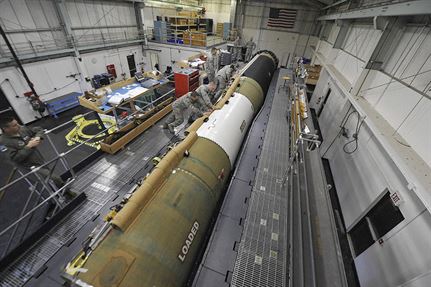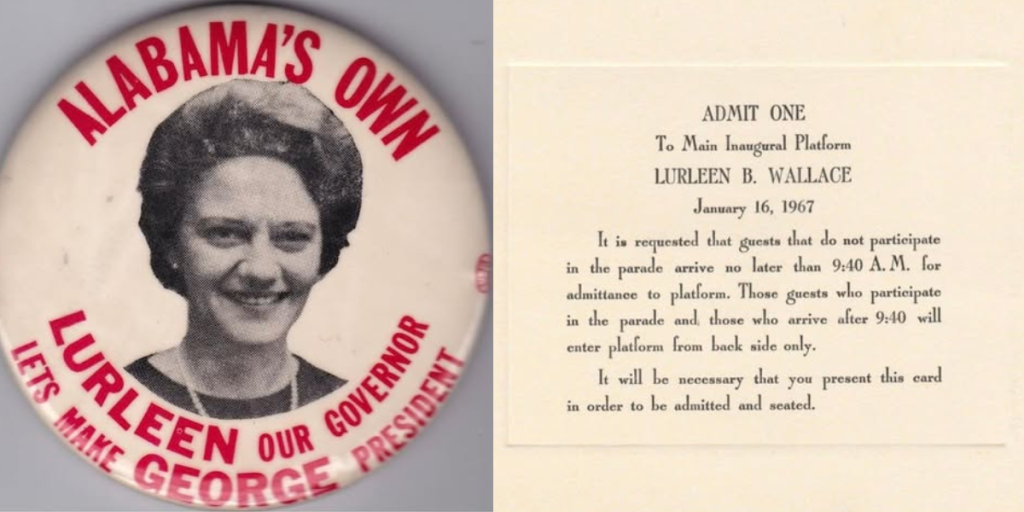
In the face of increasing provocations from an out-of-control North Korea, last week we reported about the Minuteman III Intercontinental Ballistic Missiles (MM3) that are currently being used by the U.S. Air Force. These missiles, developed predominantly by Boeing in Huntsville, are crucial in deterring the current nuclear threats being made by North Korea.
However, the U.S. Air Force has solicited a brand new ICBM that would greatly enhance the capabilities of our nuclear arsenal. The Ground Based Strategic Deterrent (GBSD) would cost about $85 billion but would give the better performance against precision guided missiles which didn’t exist when the Minuteman was developed. According to Breaking Defense, the current MM3’s trace their roots back to the Minuteman I, which was developed by Boeing in 1958 to equip the U.S. for a possible nuclear exchange with Russia over the North Pole. While these missiles have undergone significant improvements since the beginning of the Cold War, they still rely on an older technology. The new GBSD will boast an open architecture design making it easier to replace components and will be designed to last for decades – possibly into the 2070s.
While the GBSD is expensive, it’s relative to our national security and is still significantly cheaper than upgrading all 800 of the current MM3 missiles.
Boeing isn’t the only contractor being considered to develop the GBSD. Lockheed-Martin and Northrop-Grumman are also competing for the bid. The Air Force is expected to award the contract on September 12 and hopes to have the GBSD ready by 2029. While several high profile contractors are vying for the spot, there are several reasons Boeing would be the best fit. The current Minuteman missiles work as an offensive complement to the Ground-Based Midcourse Defense System (GMD), which is used to intercept incoming warheads in space. Boeing largely developed the GMD in Alabama, and a contract with Boeing could bring hundreds of jobs to the state. As the lead contractor for developing the Minuteman missiles since Minuteman I in 1958, sticking with Boeing would provide a seamless transition into the development of the GBSD. As a spokesperson from Boeing noted to Yellowhammer:
“GBSD is key to national security, and we’re committed to providing the U.S. Air Force with a solution that will give the U.S. a technological leap forward in capability against evolving nuclear threats. Based on mature technologies, Boeing’s GBSD solution offers lower risk and a smooth transition from Minuteman III to GBSD readiness, without costly delays from knowledge transfer or learning curves.”
These advancements in America’s nuclear arsenal will prove crucial in the effort to curtail North Korea’s growing threat. The UN Security Council unanimously adopted strict sanctions against the rogue nation over the weekend, targeting their primary exports—coal, iron, and seafood. In response to the sanctions, North Korean Foreign Minister Ri Yong Ho stated, “We will, under no circumstances, put the nukes and ballistic rockets on the negotiating table.” According to CNN, Pyongyang vowed to “teach the U.S. a severe lesson” if it used military force against North Korea. Boeing’s development of the new GBSD’s sends a strong message to North Korea regarding the United States’ own commitment to formidable deterrents.












